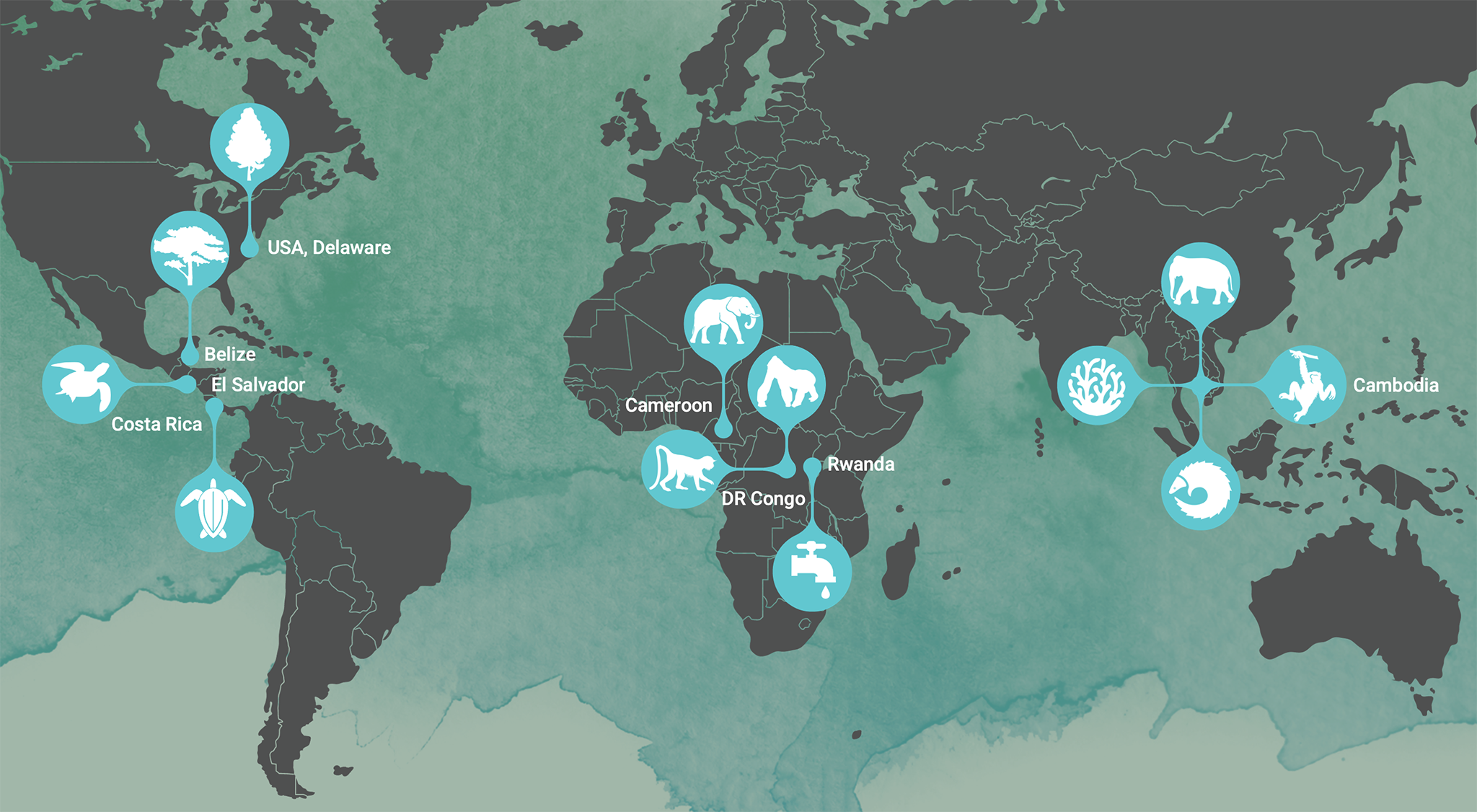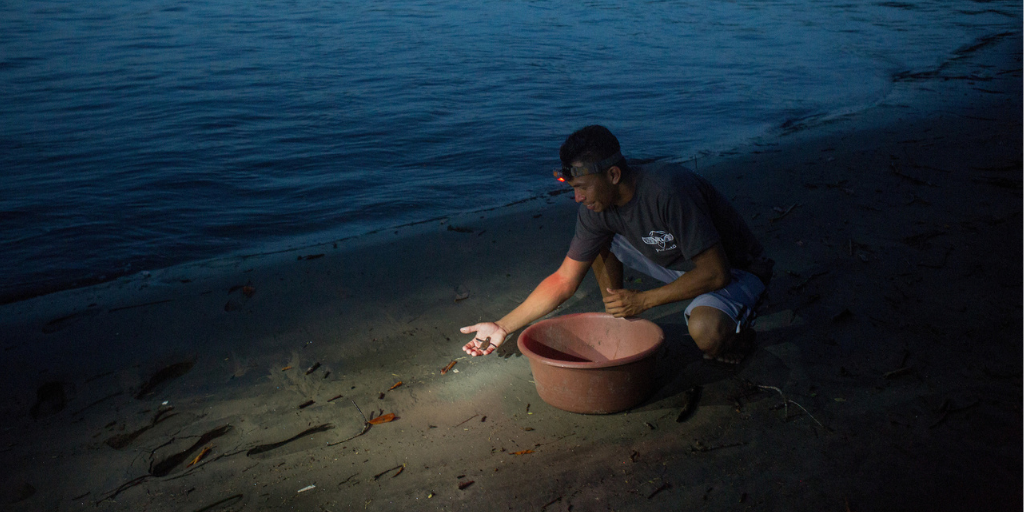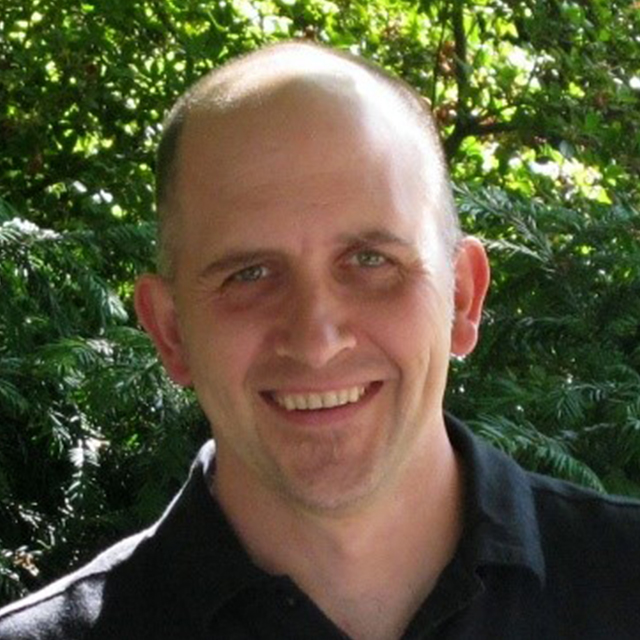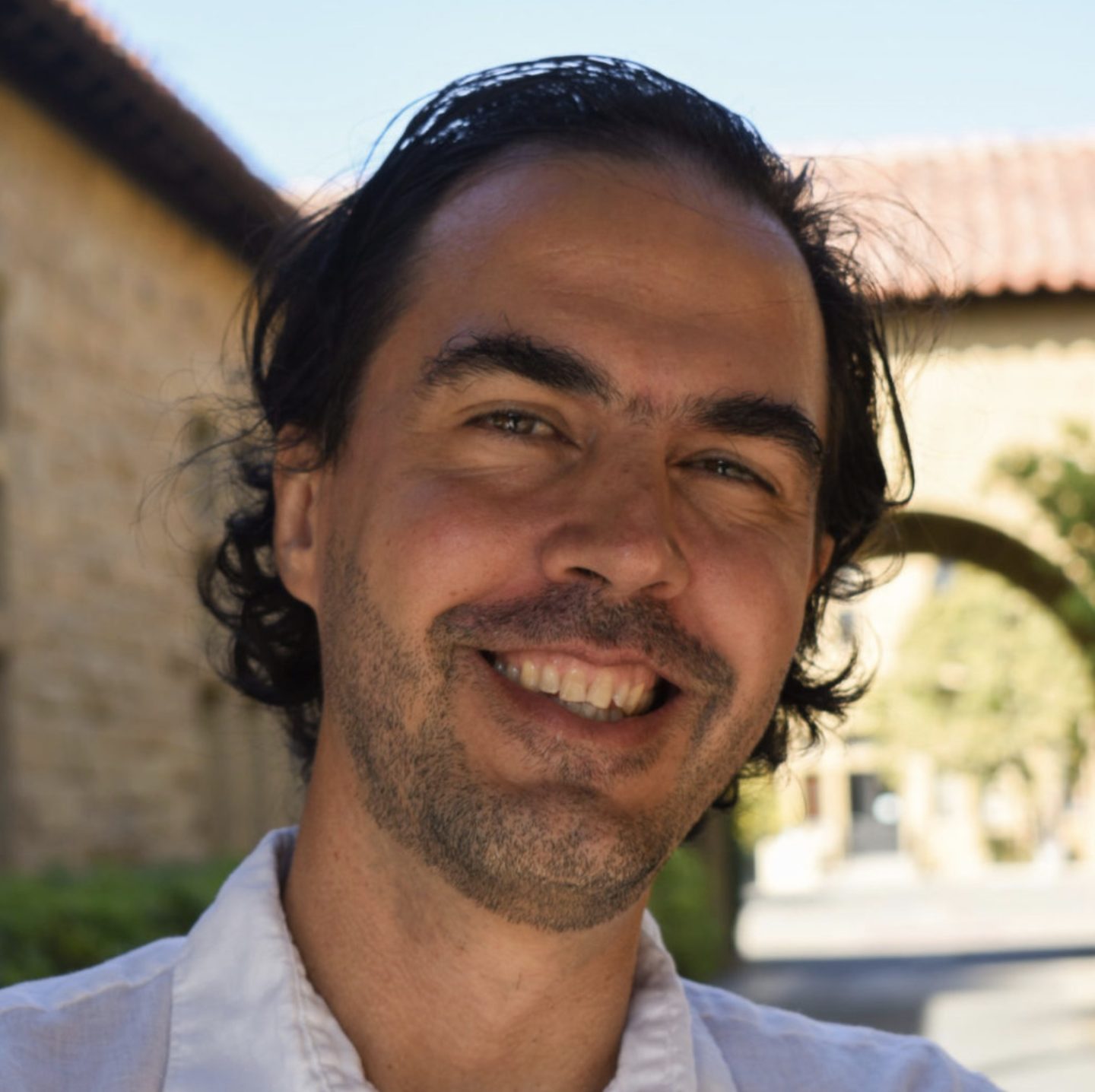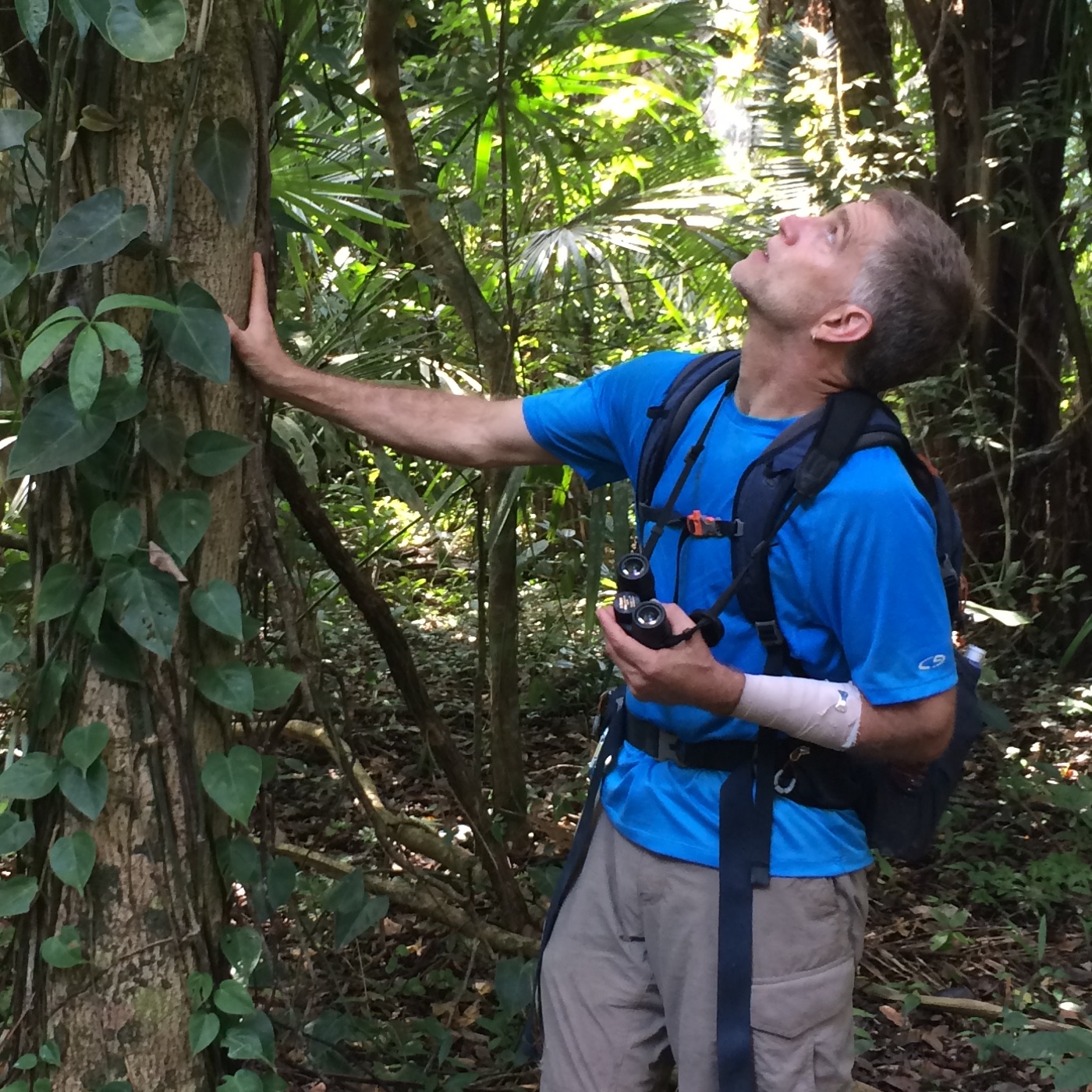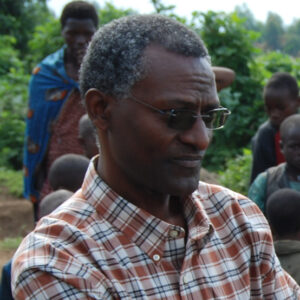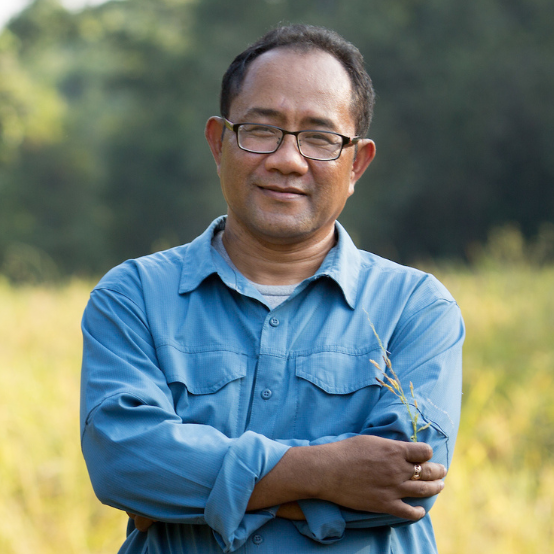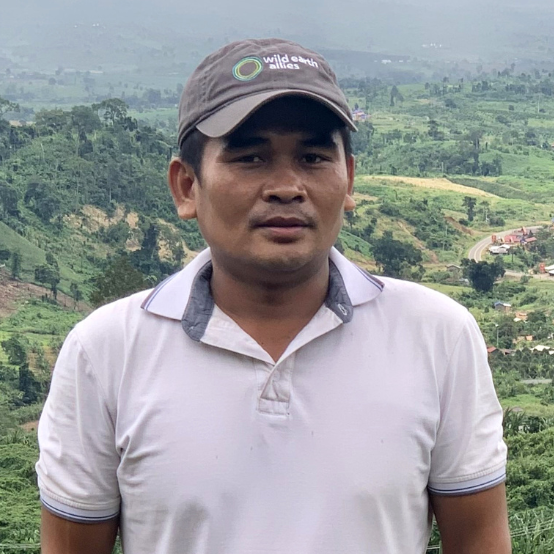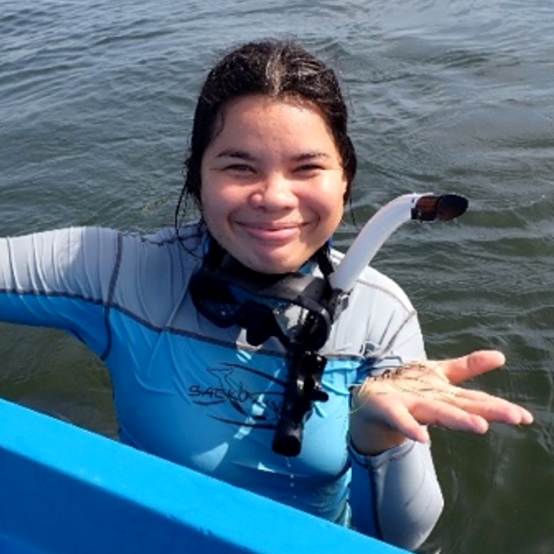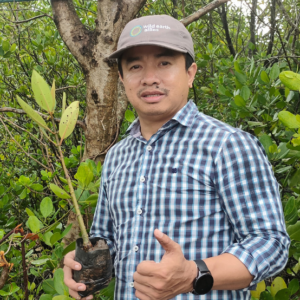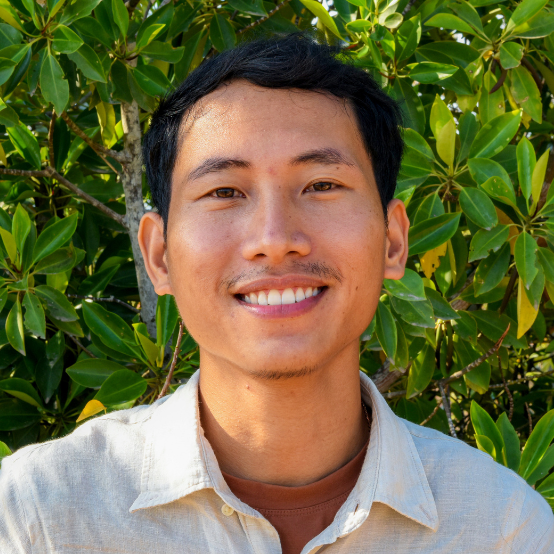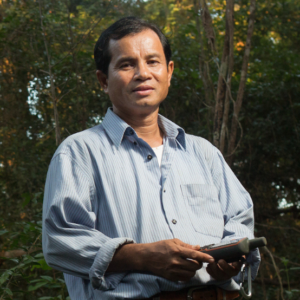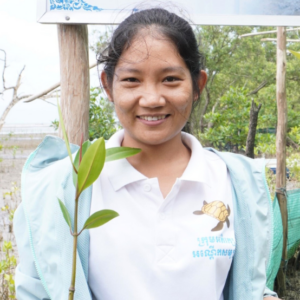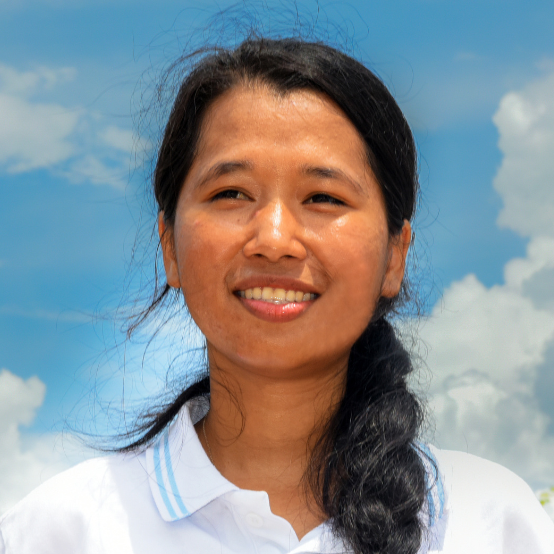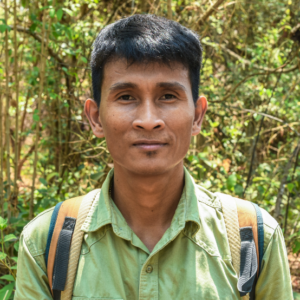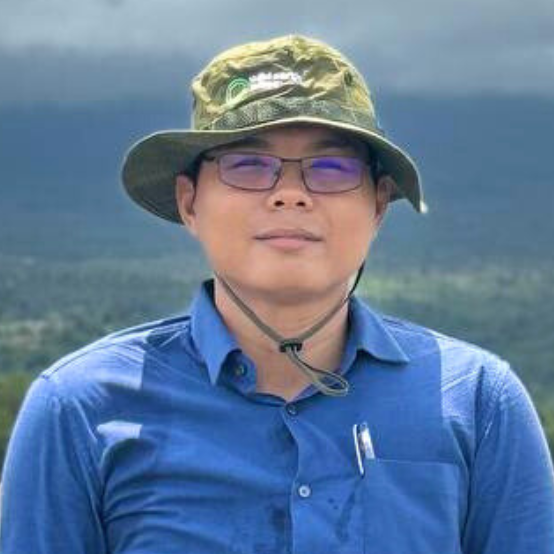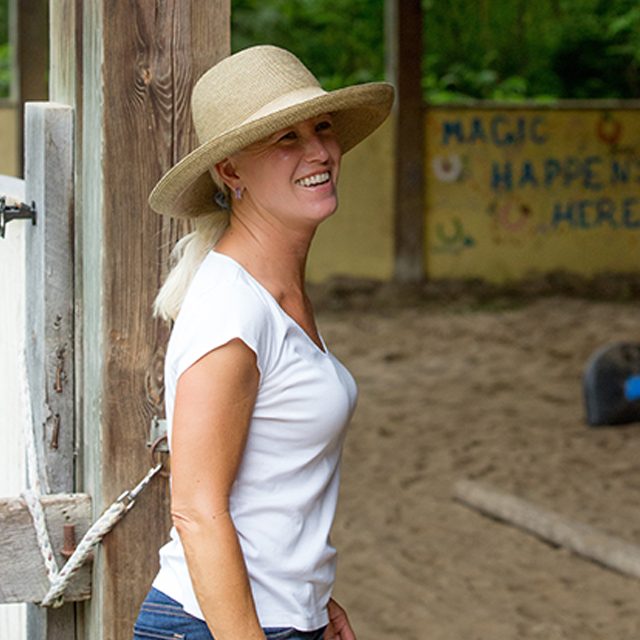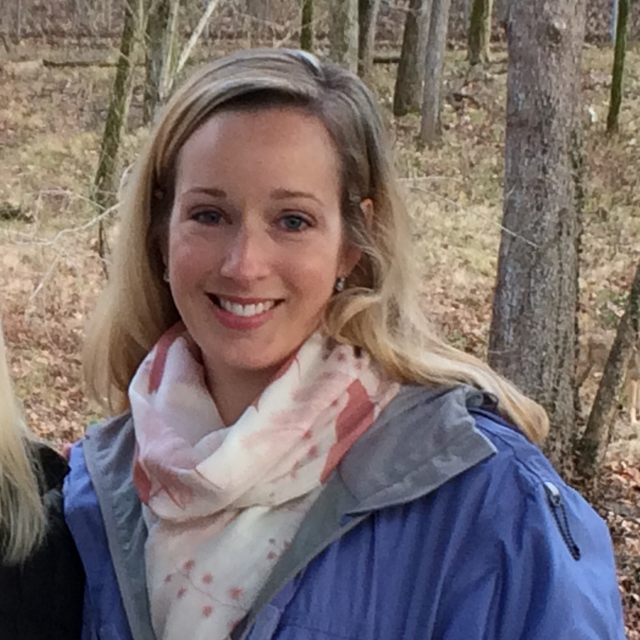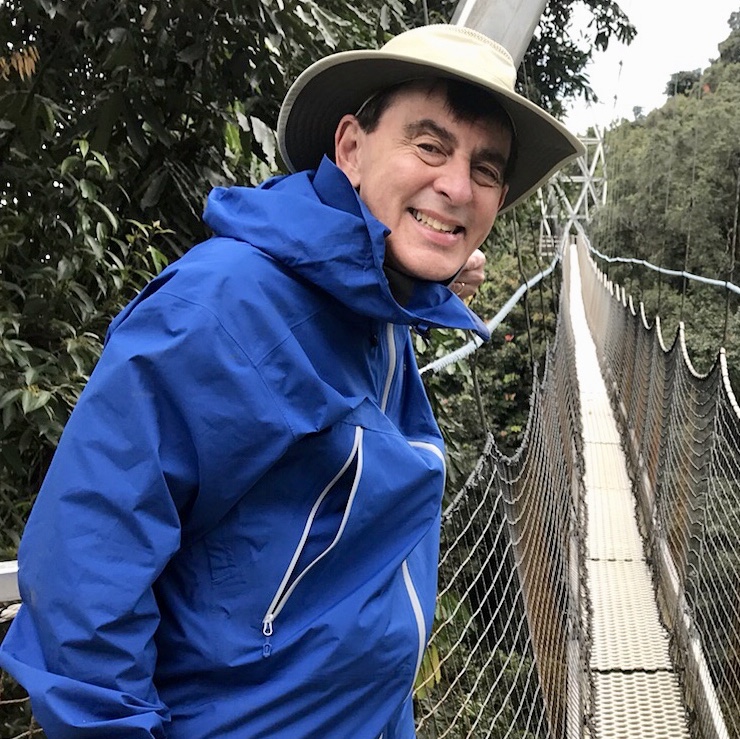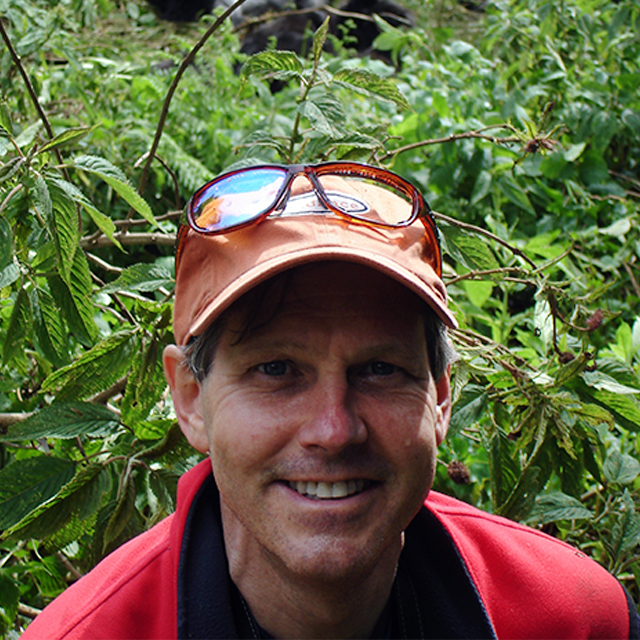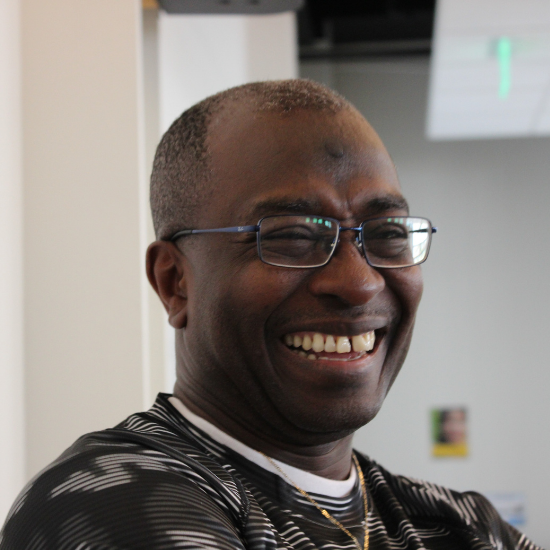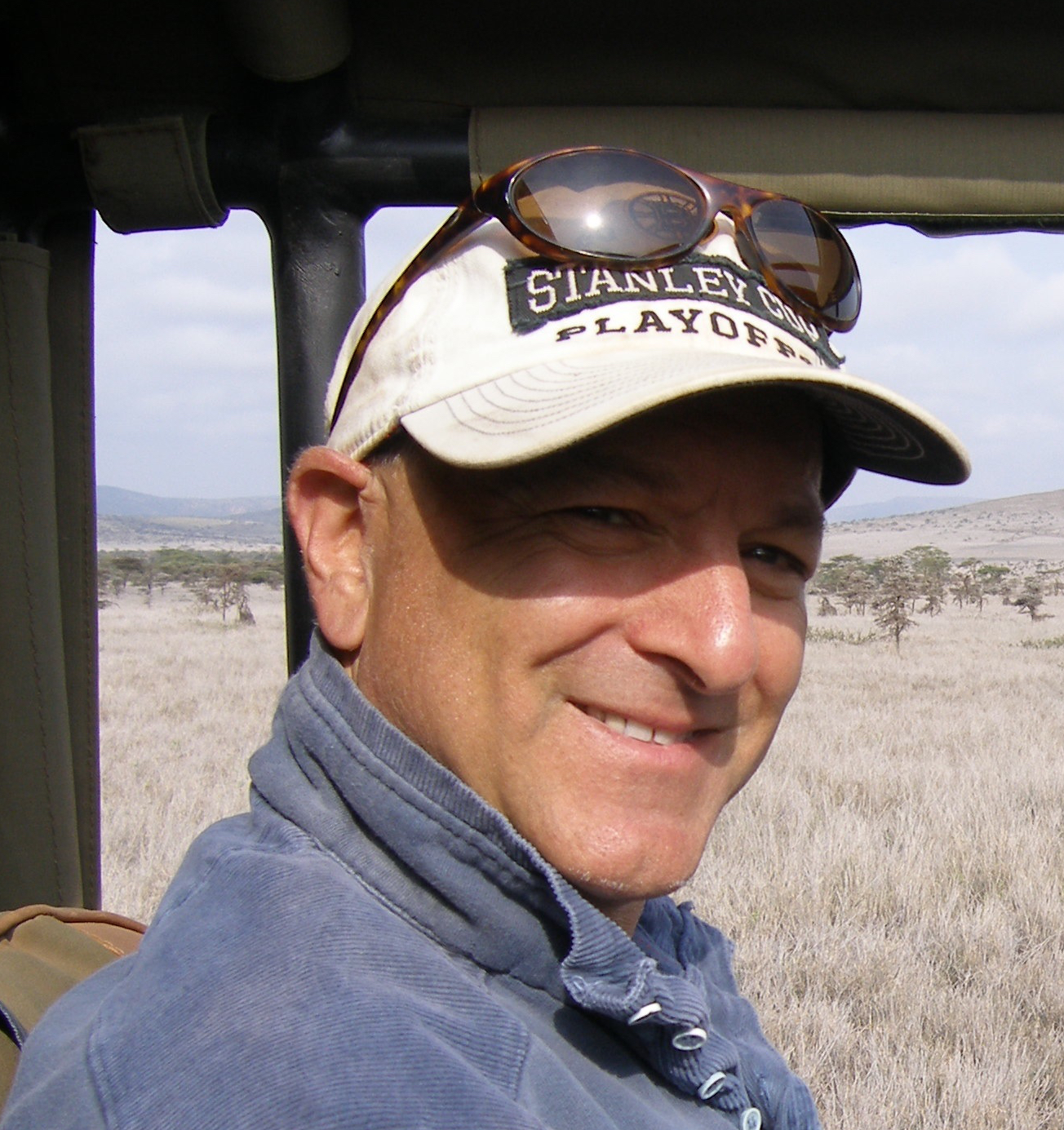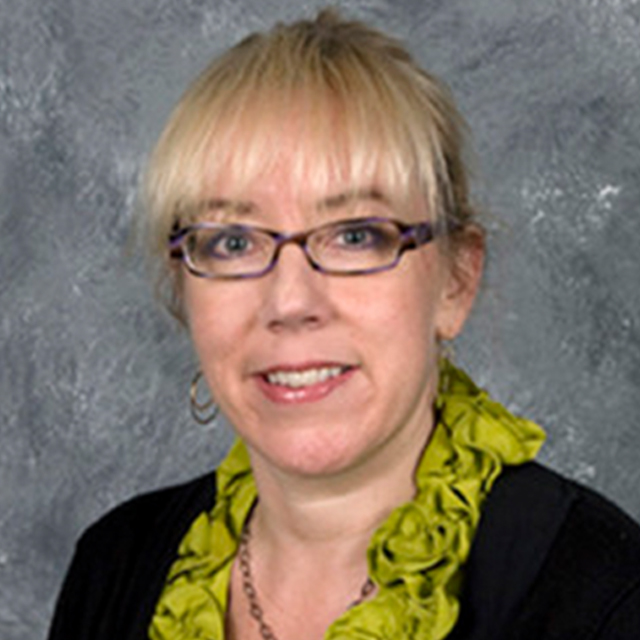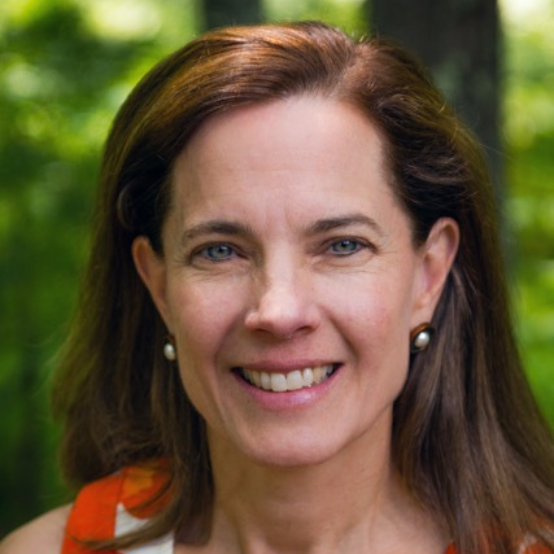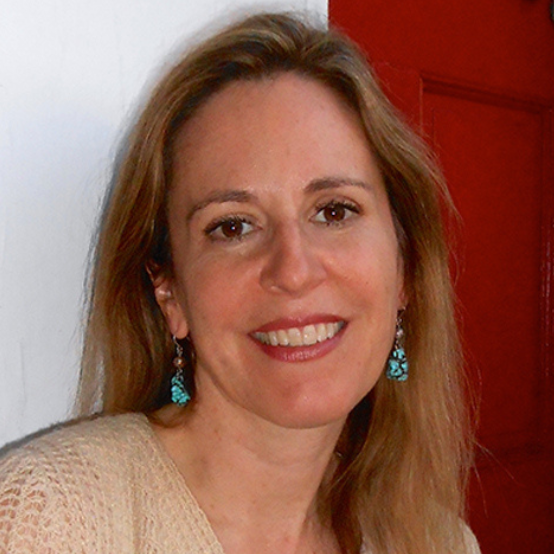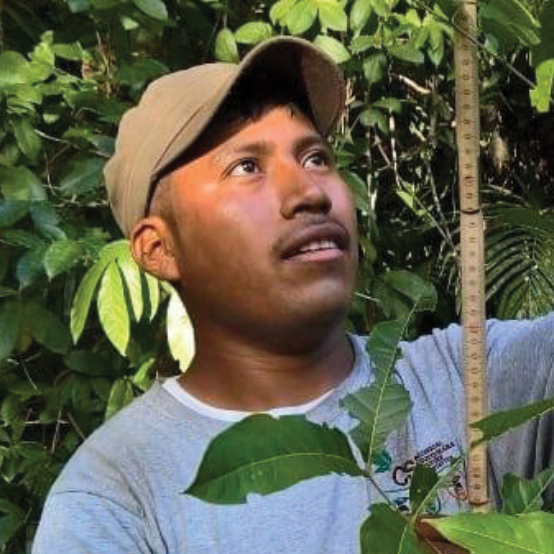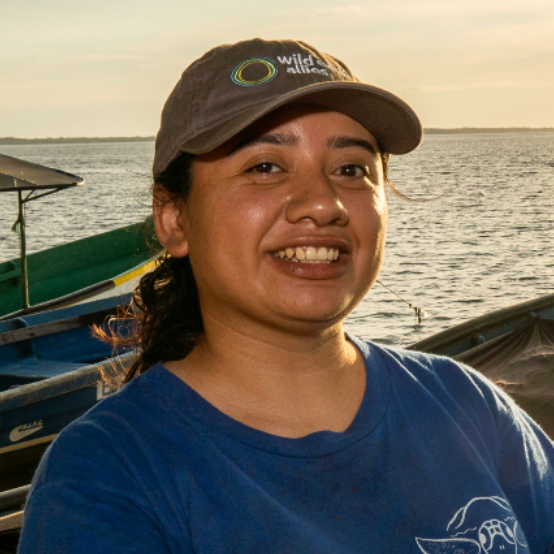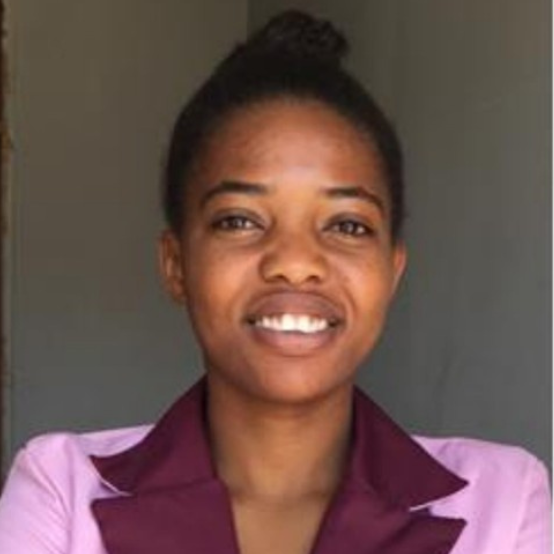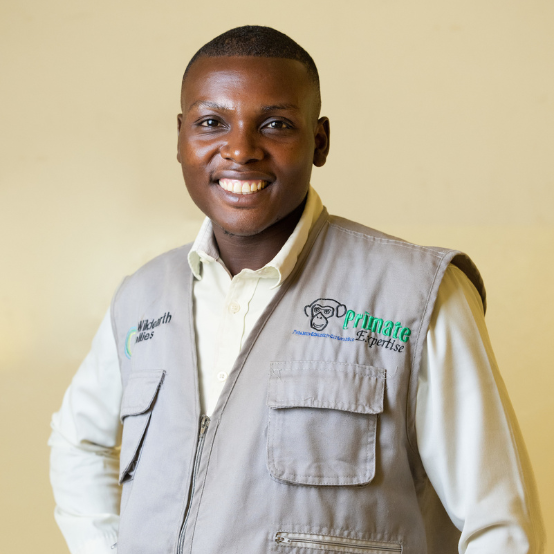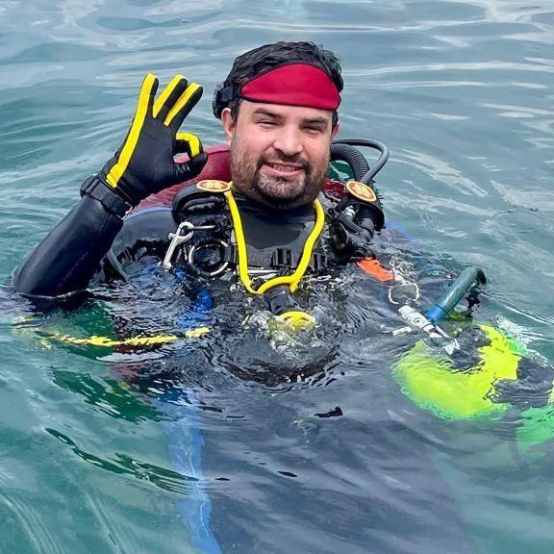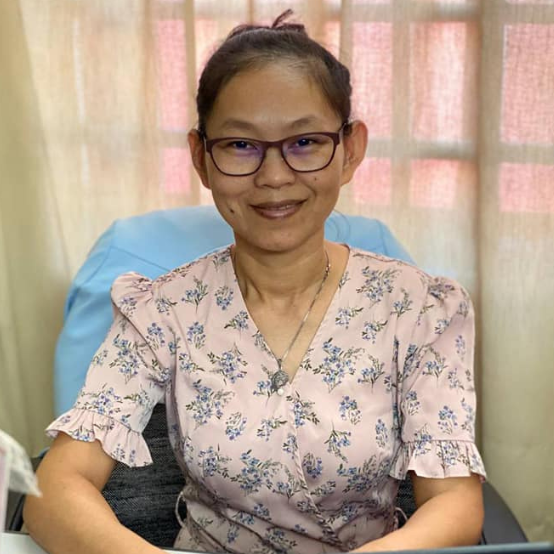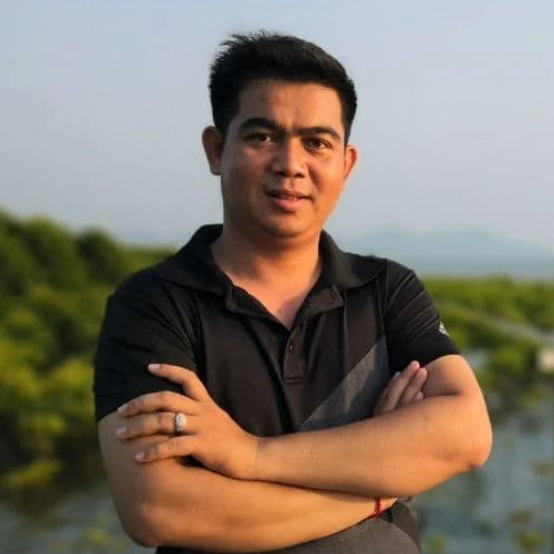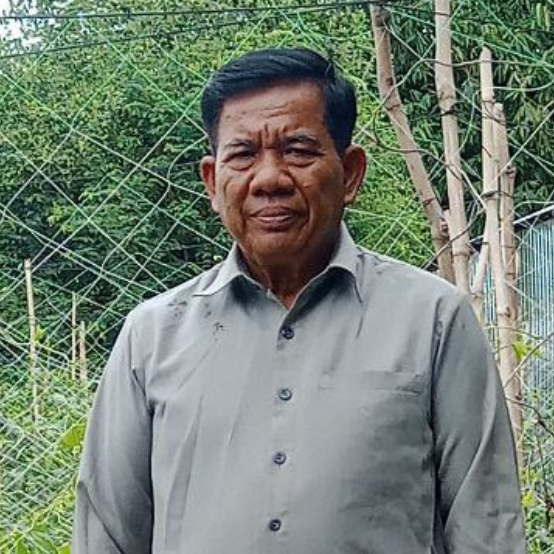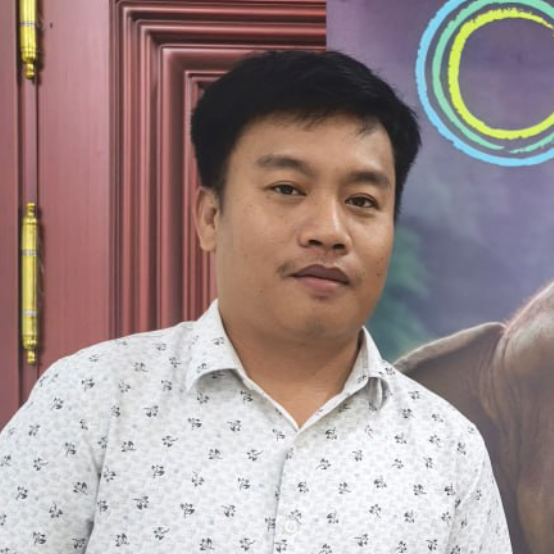Our teams and partners are delivering inspiring conservation impact this spring. Thank you for making our vital work possible. Together, we are deepening our work in key land and seascapes—4 million acres and counting. We are also expanding to new field sites where the opportunity for meaningful change for wildlife and local communities is greatest.
We are proud to share our latest impact in our 2024 Mid-Year Progress Report.
Collaborative Impact to Date Includes:
4 million
acres of vital land and seascapes conserved with communities globally
5,000
people with household water access benefiting families and gorillas in Rwanda
1
Trees of Belize app prototype ready for field testing
67,794
seedlings grown in Ape Trees™ nurseries in the DRC
33,602
native trees with declining U.S. range planted in Delaware
13
local conservation areas benefiting wildlife and people in Cameroon
75,000+
acres of community-led marine protection in Cambodia
98%
of hawksbill nests protected through grassroots patrols in El Salvador
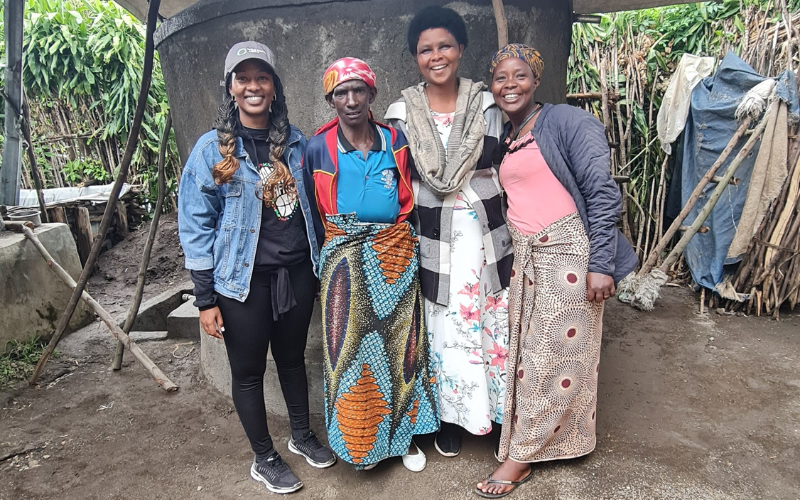
A tank provides household water access in the foothills of Volcanoes National Park, Rwanda. (Photo courtesy of Joelle Rutagarama)
Women-Led Action for Household Water Access
Together with our partner Imbereheza Gahunga, we have built 900 rainwater harvest tanks in the foothills of Rwanda’s Volcanoes National Park. The tanks provide household water access to more than 5,400 people, benefiting families and reducing pressures on mountain gorillas.
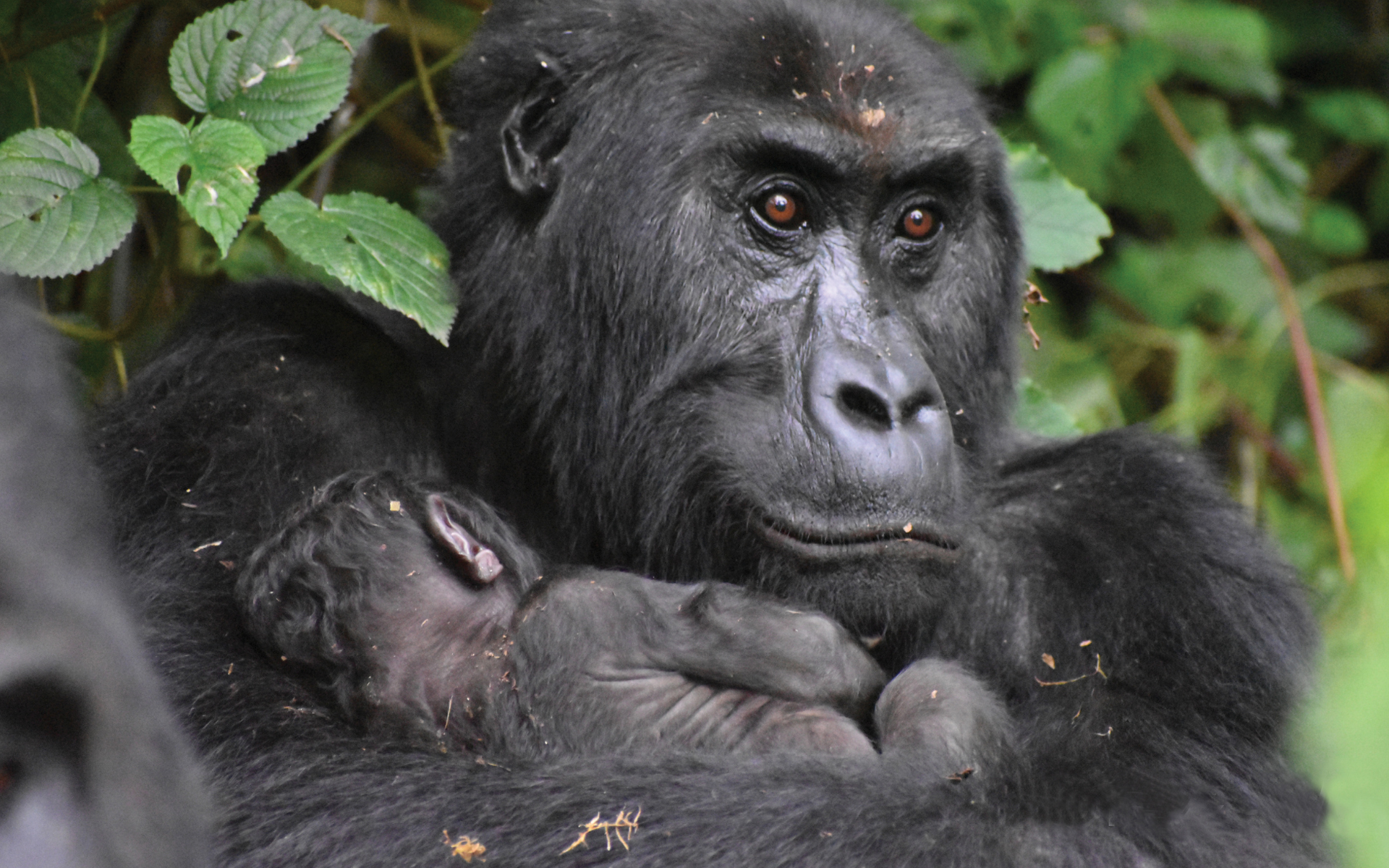
Siri, a Grauer’s gorilla, holds her newborn in Kahuzi-Biega National Park in the DRC. (Photo courtesy of Primate Expertise)
New Births Signal Optimism for Grauer’s Gorillas
Our partner Primate Expertise monitors and protects wildlife in the upland sector of Kahuzi-Biega National Park—a stronghold for critically endangered Grauer’s gorillas. Since 2017, we have confirmed 23 gorilla births, representing a 10% population growth in this vital area!
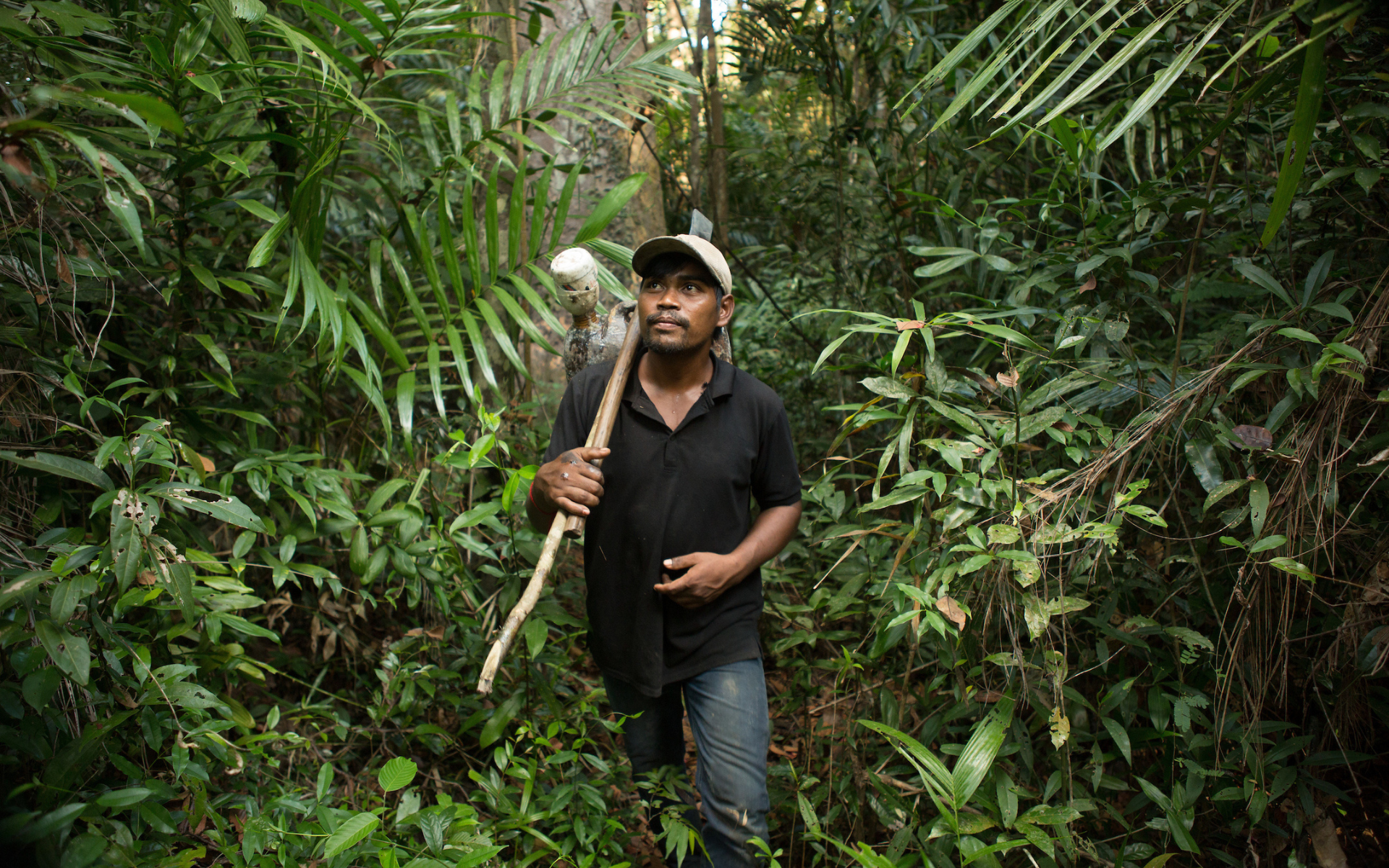
Meas Theun, a member of the Kuy Indigenous community, walks through Prey Lang Forest. (Photo by Allison Shelley)
A Conservation Boost for Globally Threatened Trees
Together with Indigenous Kuy communities in Cambodia’s Prey Lang Forest, we launched an initiative to document, protect, and restore threatened trees, including rosewood. These species are the most trafficked wildlife product, accounting for 30–40% of the global illegal wildlife trade.
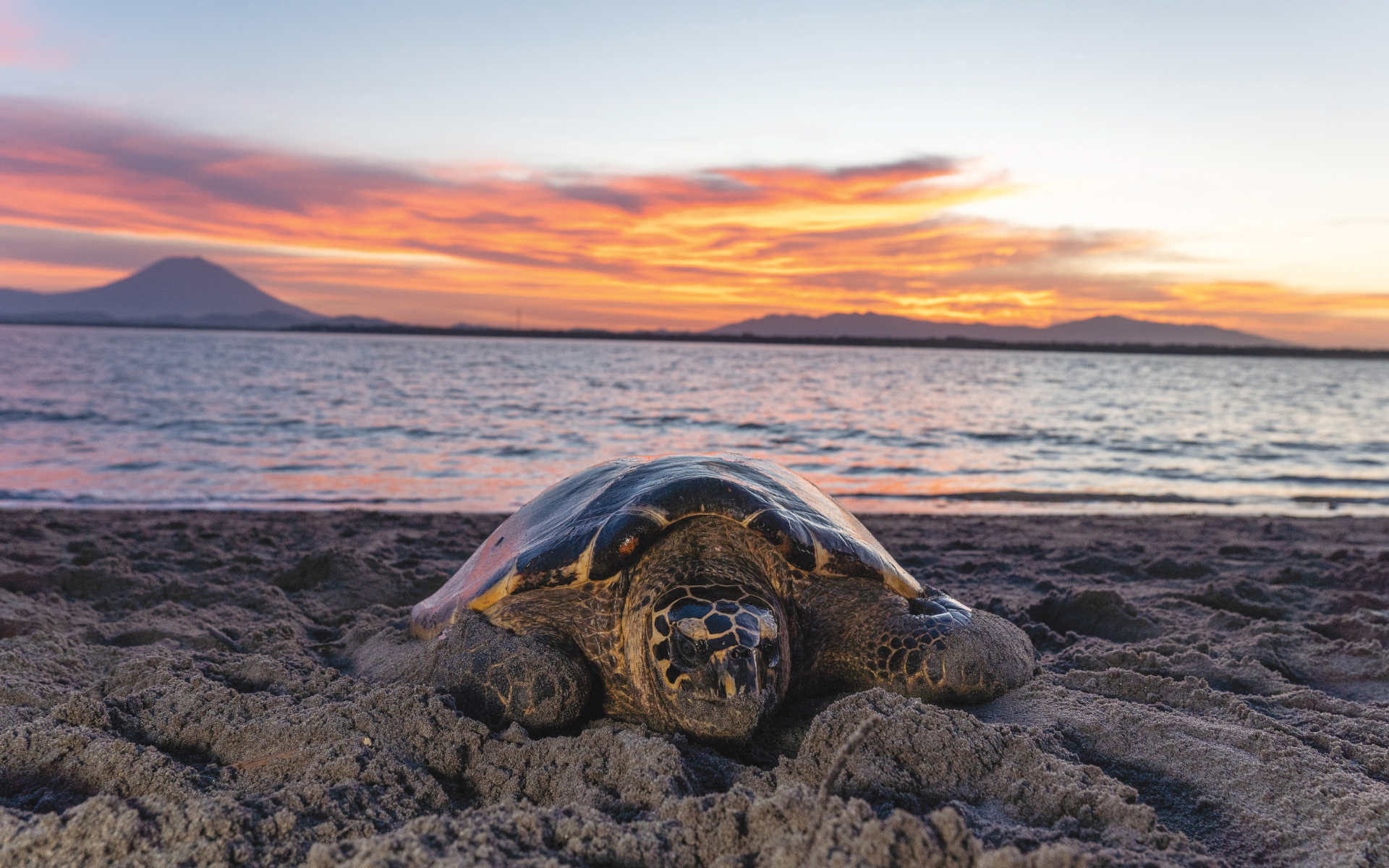
A female hawksbill sea turtle nests on the beach in Jiquilisco Bay, El Salvador. (Photo by Carlos Rivas)
Renewed Hope for Critically Endangered Hawksbills
This season, our partner ProCosta and its grassroots network achieved an impressive 98% hawksbill nest protection rate. We are now supporting a government project to establish a new marine protected area to expand biodiversity protection and increase community benefit flows.
Where We Work
